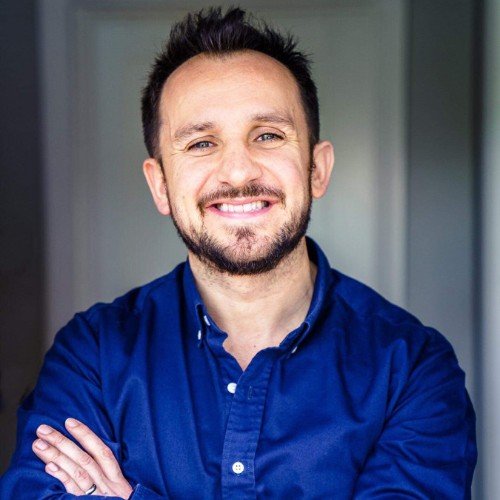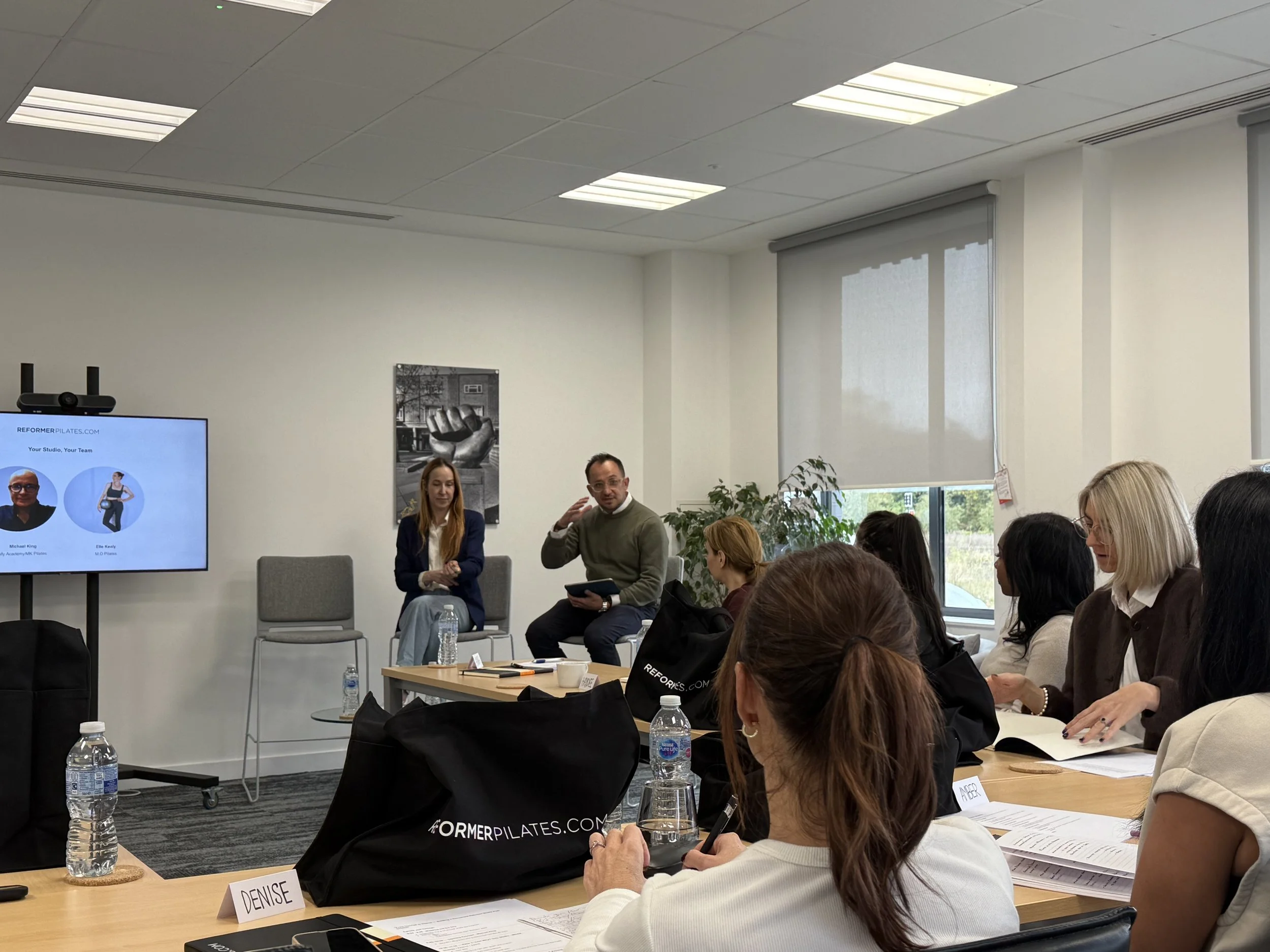Smells, Spreadsheets, and Studio Success: What We Learned This Month
Author
KARL KNIGHTS
Leading commercial operations for Reformerpilates.com. A pioneering platform transforming the global Reformer Pilates industry. Our mission is to revolutionise how studios, instructors, and enthusiasts connect, creating a vibrant community and driving business growth in the rapidly expanding wellness market.
If you were handed a £50,000 loan tomorrow, what business would you start?
According to ChatGPT, the top contenders in the UK right now are pet care services, food trucks, handymen, and e-commerce. But in fifth place — and perhaps most surprisingly — sits the wellness or niche fitness studio.
Now, I can’t say whether ChatGPT’s ranking was influenced by the many prompts I’ve fed it over time about the Reformer Pilates industry. But let’s take it at face value: a clear signal that, purely from a financial perspective, opening a Reformer Pilates studio holds its ground as one of the smartest business bets in the UK today.
And it’s not just AI that’s bullish. Our ReformerPilates.com survey at the start of 2025 revealed that 38% of existing studio owners are looking to open a new location. Even more telling, 45% of new studio owners are career changers, stepping into fitness from completely different industries.
That insight inspired us to host our October ‘Studio Workshop’, enlisting an expert panel featuring Michael King, Elle Kealy, Charlotte Redington-Smith, and our partners at bsport.
If you haven’t joined one of our events before, you’ll quickly notice the theme: it’s not about us. It’s about you — the studio owners and soon-to-be founders — getting access to the kind of insight, tools, and connections that move your business forward.
The day covered everything from leadership and retention to growth metrics and sensory branding — too much to unpack in one article. But three key lessons stood out.
1. Invest in Your People — and Expect Them to Leave You
It doesn’t sound very Tony Robbins, does it? But as Michael King reminded the room, investing in your instructors and managers isn’t optional — it’s essential.
Your instructors are your product. They shape the experience, the community, the brand. Neglecting their development in a competitive market is a fast track to empty classes and dwindling waitlists.
And it’s not just about instructors. Studios with dedicated managers see retention rates improve by over 50%. They’re just as critical to long-term success — and they deserve the same level of support and training.
Of course, there’s a truth every studio owner has to accept: people move on. “I’ve seen it a hundred times,” King said, “and I’ll never stop investing in them.”
The takeaway? Make development exciting. Encourage growth. Celebrate progress. And as Elle Kealy put it, “make them employees, not freelancers.” That’s how you build loyalty and stability.
2. Get Scientific With Your Waitlist — and Swap Instagram for a Calculator
Momentum is everything. A strong start builds cash flow, confidence, and credibility — and it begins with a data-driven plan.
As Elle Kealy reminded attendees, you can’t start your waitlist too early. Once you have a confirmed launch date, aim to launch your waitlist at least six weeks ahead.
Then, work backwards: how many memberships do you need to sell by launch day? How many intro passes or leads will that require?
For some, it triggered GCSE maths flashbacks, but the calculations were essential. Without them, beautiful Instagram grids and slick websites are just window dressing.
As Elle joked, “If you’re trying to sell 150 memberships, you’ll probably need 1,500 leads.” The real ratio depends on your funnel, but the principle holds: know your numbers or risk running the Monty Python ‘No Direction’ race.
Start early. Sell memberships. Treat passes as stepping stones to recurring revenue. After all — who doesn’t want predictable income?
3. The Little Things Matter (More Than You Think)
There’s a quote we love: “When you consider the importance of the small things… there are no small things.”
That’s never truer than when it comes to the smell of your studio.
As Charlotte Redington-Smith explained, scent plays an unexpectedly powerful role in memory. Unlike other senses, smell bypasses the brain’s usual relay system (the thalamus) and goes straight to the amygdala and hippocampus — the regions tied to emotion and long-term memory.
In other words, one whiff can instantly transport someone back to your space.
Beyond scent, every touchpoint — from booking to referrals — shapes how clients experience your brand. As bsport shared, these micro-moments are what make journeys seamless, engaging, and friction-free.
Too many new studio owners delay building their waitlist or setting up software until it’s too late. Don’t. These are foundational steps — not finishing touches.
There was more, of course. But we’ll save a few secrets for the next workshop.
If you want to learn from these brilliant minds, join our community — or better yet, get in touch to chat about your studio plans.



